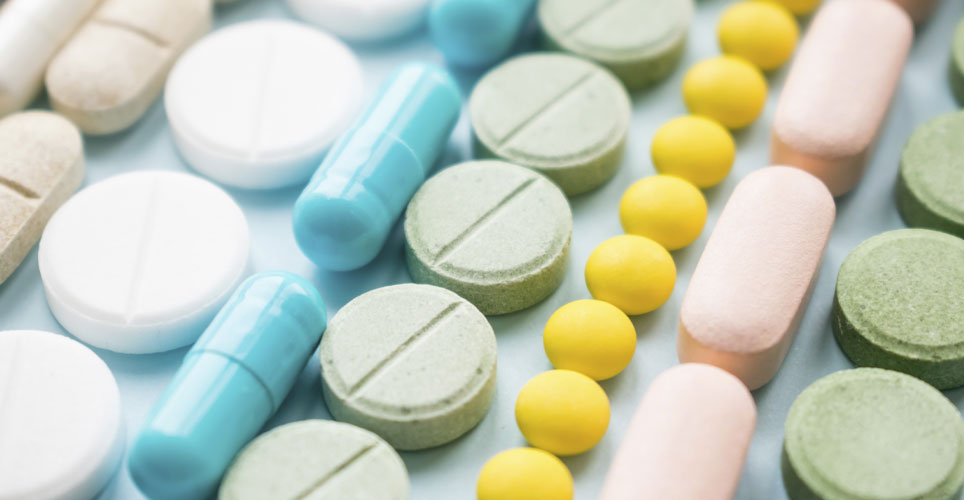
When COVID-19 appeared across the globe a year ago, it quickly hit the brakes on nearly every aspect of daily lives.
Opioid abuse, however, has been accelerated as if someone has a foot on its gas pedal. Even worse – as COVID-19 spread, many public health resources for those battling opioids and other substances shifted to address the pandemic. And with health-care services in Michigan and across the U.S. intermittently halted, access to treatment, physicians and mental health professionals has been interrupted, as well.
The Physical Effect of Overlap
The health risks of opioid use alone are stark. Because COVID-19 can attack the lungs, brain and heart, the overlap makes people with substance abuse disorder even more susceptible to severe complications. Prolonged substance abuse also weakens the immune system, which is another risk factor for COVID-19.
In Michigan, these factors have contributed to a sharp rise in emergency department visits, use of the rescue drug naloxone and deaths due to opioid overdose since January 2020.
The Mental Effect of Overlap
The mental strain of the past year, along with limited access to resources, served to worsen the rise in opioid abuse. Mental-health challenges have mounted as the stress of isolation, job loss and other societal stressors have increased.
Where to Get Help
Whether you or someone in your circle is in treatment/recovery or considering either, the following may help:
- Practice the Center for Disease Control and Prevention’s guidelines for preventing COVID-19 infection.
- Schedule virtual (telehealth) visits, if your provider isn’t offering in-person appointments. Most clinical and mental-health providers, including those at Michigan Medicine, have offered telehealth since the first months of the pandemic.
- Use your resources. All U-M Health Plans cover inpatient and outpatient rehabilitation services for eligible employees and dependents. Since treatment/recovery services are considered essential, most centers have remained open with added safety precautions.
- Get help where you can. U-M offers numerous mental-health, wellness and substance abuse programs for its community to lean on if normal resources have been interrupted. In addition, the U-M prescription drug plan covers Narcan Nasal Spray and other forms of naloxone, a life-saving antidote to overdoses of opioids. Narcan can be administered by a friend or family member in an emergency. Talk to your doctor about getting a prescription.
- Don’t say, “I’ll get help/continue my appointments/get back on my program when COVID-19 is over.” It’s tempting to put off one crisis to survive another, but no one is certain when “normal” life will resume.
For Emergency Assistance
If you need emergency help or intervention, these local, regional and national services are available. Most are open 24/7, and are accessible for people with hearing, vision and language challenges.
